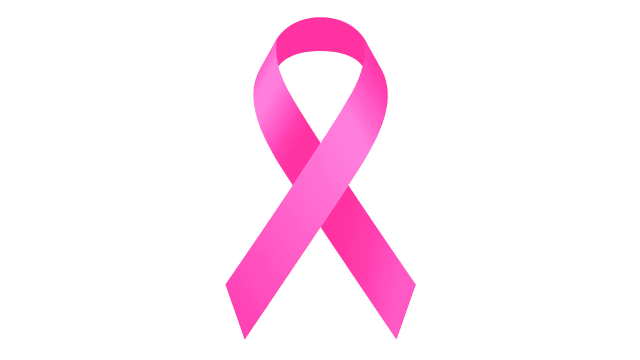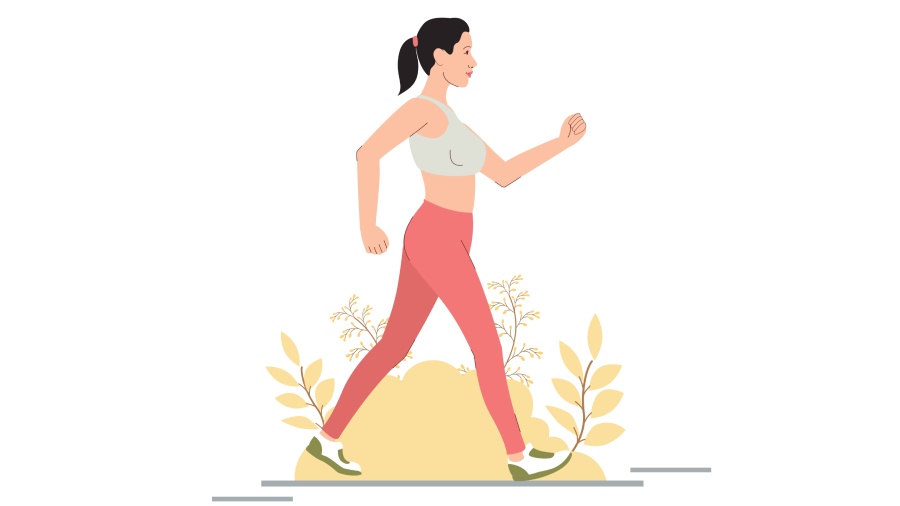
“The exact cause of cancer is not known, but the growth of a cancerous tumour mainly happens because of low immunity. Foreign cancer cells can invade the body and not be detected if one’s immunity is low,” said Dr Leena Dadhwal, Oncologist, Rajiv Gandhi Cancer Institute
According to the World Health Organisation (WHO), cancer is the most prominent cause of death globally, with the number of people affected by the ailment increasing each year. The cancer statistics in India are grim as well with approximately 27 lakh people being diagnosed with cancer and cancer-related deaths amounting to 8.5 lakh in 2020, as per India against Cancer, an initiative to combat cancer. While advancements in technology have significantly elevated cancer care, it’s necessary to ensure some habits that can lower your risk of this deadly disease.
According to Dr Leena Dadhwal, Oncologist, Rajiv Gandhi Cancer Institute, “The exact cause of cancer is not known, but the growth of a cancerous tumour mainly happens because of low immunity. Foreign cancer cells can invade the body and not be detected if one’s immunity is low. A good immune system requires a healthy lifestyle, which can significantly reduce chances of cancer.”
A study, titled Cancer is a Preventable Disease that Requires Major Lifestyle Changes, in the National Library of Medicine says that only 5 to 10 per cent of all cancer cases are because of genetic defects, while most cancers lie in the environment and lifestyle. “The evidence indicates that all of the cancer-related deaths, almost 25-30 per cent are due to tobacco, as many as 30-35 per cent are linked to diet, about 15-20 per cent are due to infections, and the remaining percentage is due to other factors like radiation, stress, physical activity, environmental pollutants etc,” the report says.
Here are five ways to lower your risk of cancer, according to Dr Dadhwal.
Daily exercise

The risk of cancer can be reduced by indulging in regular physical activity. Exercise is proven to decrease the risk of numerous types of cancer such as colon and breast cancer. This will also help improve your overall well-being. Dr Dadhwal said that exercise also produces feel-good hormones called endorphins which can help with developing a healthy immune system. “At least 40 minutes of moderate exercise daily, such as fast cycling, brisk walking, swimming or yoga is recommended. However, it is advisable to practice mindful exercising, where one concentrates on their movement, limbs, and breathing, instead of having any distractions,” she added. She also noted that it is better to exercise in the day outdoors to get vitamin D than in the evening when plants release carbon dioxide which can be harmful if inhaled.
The risk of cancer can be reduced by indulging in regular physical activity. Exercise is proven to decrease the risk of numerous types of cancer such as colon and breast cancer. This will also help improve your overall well-being. Dr Dadhwal said that exercise also produces feel-good hormones called endorphins which can help with developing a healthy immune system. “At least 40 minutes of moderate exercise daily, such as fast cycling, brisk walking, swimming or yoga is recommended. However, it is advisable to practice mindful exercising, where one concentrates on their movement, limbs, and breathing, instead of having any distractions,” she added. She also noted that it is better to exercise in the day outdoors to get vitamin D than in the evening when plants release carbon dioxide which can be harmful if inhaled.
Healthy diet
A healthy diet is essential to reduce your risk of cancer. “A diet rich in vitamins and minerals, containing antioxidants can help protect against cancer, while red meats and processed foods should be consumed less,” said Dr Dadhwal. Cruciferous vegetables including cauliflower, Brussels sprouts and broccoli have cancer-fighting qualities. Dr Dadhwal also recommends eating five types of fruits and four types of vegetables with different colours every day.
Quit tobacco
Tobacco use is responsible for one-third of all cancer deaths, according to a study in the National Library of Medicine. Specifically, cigarette smoking causes 85 per cent of all lung cancers with secondhand smoking exposure in nonsmokers being the additional cause. Quitting smoke is the best way to lower your risk of cancer, especially oral, lung, bladder, pancreas and throat cancer. “Smoking is not only a threat for the smokers but for the passive smokers as well,” said Dr Dadhwal.
Reduce alcohol consumption
Excessive alcohol can increase the risk of different types of cancer, such as colon, liver and breast cancer. “According to studies, 30 ml and 60 ml alcohol intake for women and men respectively is acceptable daily. However, more research needs to be done to estimate the exact amount of alcohol which can be consumed,” said Dr Dadhwal. She added that even though limited alcohol will not cause cancer, even a few drops of it can lead to other health problems, including heart and liver disease.
Protect exposure from the sun
To prevent skin cancer, it is important to protect yourself from the sun. “Use sunscreen of a minimum of SPF 30, wear full clothes and try not to step out in the sun during the middle of the day as sun rays are strongest,” said Dr Dadhwal. It is also essential to spot any changes in your skin such as the development of moles. Get them checked by a dermatologist.








